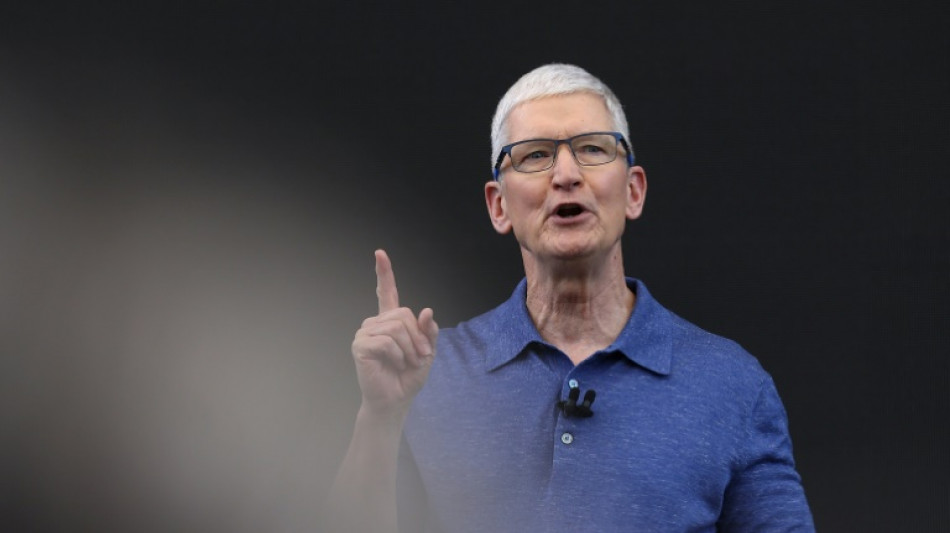
'Something is rotten': Apple's AI strategy faces doubts

Has Apple, the biggest company in the world, bungled its generative artificial intelligence strategy?
Doubts blew out into the open when one of the company's closest observers, tech analyst John Gruber, earlier this month gave a blistering critique in a blog post titled "Something Is Rotten in the State of Cupertino," which is home to Apple's headquarters.
The respected analyst and Apple enthusiast said he was furious for not being more skeptical when the company announced last June that its Siri chatbot would be getting a major generative AI (genAI) upgrade.
The technology, to be released as part of the Apple Intelligence suite of iPhone software, was to catapult the much-derided voice assistant's capabilities beyond just giving the weather or setting a timer.
Investors hoped the upgrade would launch the iPhone on a much-needed super-cycle, in which a new feature on the smartphone proves so tantalizing that users rush to snap up the latest and most expensive models.
Apple Intelligence and its promised Siri upgrade was very much supposed to fuel that demand, starting as soon as the release of the iPhone 16, which came out in September.
Instead Apple quietly announced on March 7 that the highly personalized Siri would not be coming as early as hoped.
Adding to the pressure, Amazon in February announced a new version of its Alexa voice assistant that is powered by genAI.
"It's going to take us longer than we thought to deliver on these features and we anticipate rolling them out in the coming year," Apple said.
- Data privacy vs AI -
Theories vary on why Apple is having trouble seizing the AI moment.
For Marcus Collins, marketing professor at the University of Michigan, Apple's struggles with genAI and Siri in particular may be more due to the importance the company gives to data privacy than any problem with innovating.
For AI to be personalized, it needs to consume massive amounts of personal data.
And "Apple hasn't let up on the gas when it comes to privacy," Collins told AFP.
But at some point, "people's information, creations, language... are all being exploited to help grow better AI," and squaring that circle might be harder than bargained for by Apple.
For tech analyst Avi Greengart, "The fact that Apple has advertised Apple Intelligence so heavily with the iPhone 16 is a bit of a black eye, because most of what was promised in Apple Intelligence is not in the iPhone 16."
But he cautions that even if Google's Gemini AI features in its Android line of phones are way ahead of anything Apple has delivered, customers may not have noticed much.
"Even the best implementation of AI on phones today doesn't fundamentally change the way you use your phone yet," he said.
"No one has delivered on the full vision and that gives Apple time to catch up -- but it certainly needs to catch up."
Still, Apple's harshest critics complain that Apple rests too much on its laurels and the uber-popularity of its iPhone.
Moreover, the stumbles on AI came swiftly after lackluster reception of Vision Pro, Apple's expensive virtual reality headset that has failed to gain traction since its release in 2024.
Despite the recent negative headlines for Apple and the fact that its share price is down 8 percent since the start of the year, it remains the world's most valuable company and its stock is still up almost 30 percent from a year ago.
And Apple reported a whopping $124.3 billion in revenue in the year-end holiday quarter, even if sales growth fell shy of market expectations.
K.M.Thompson--TNT